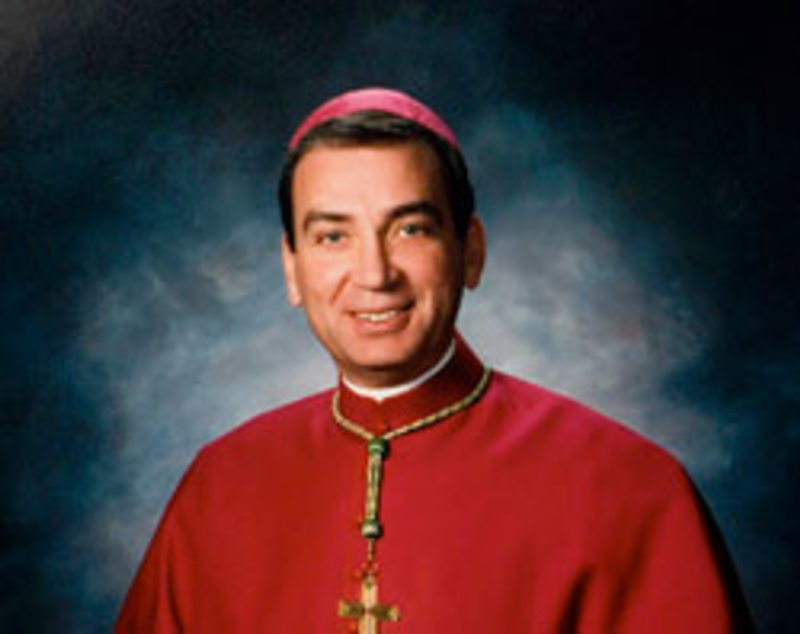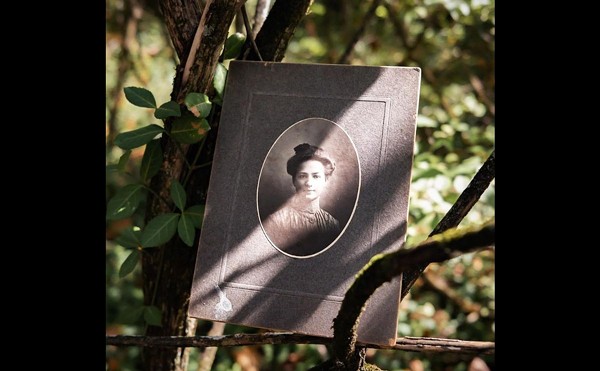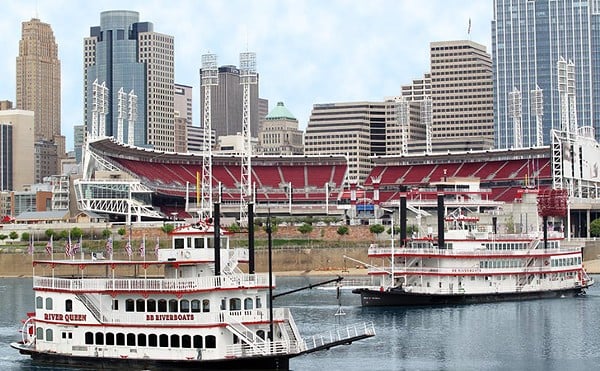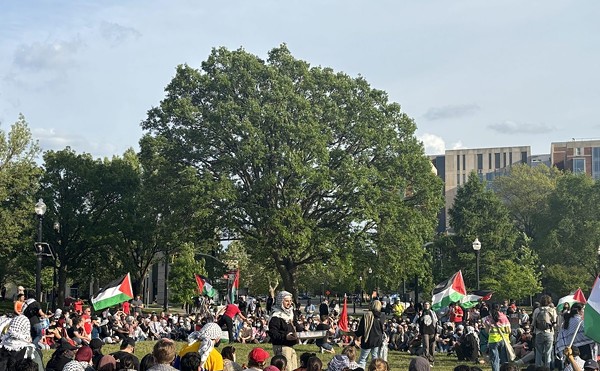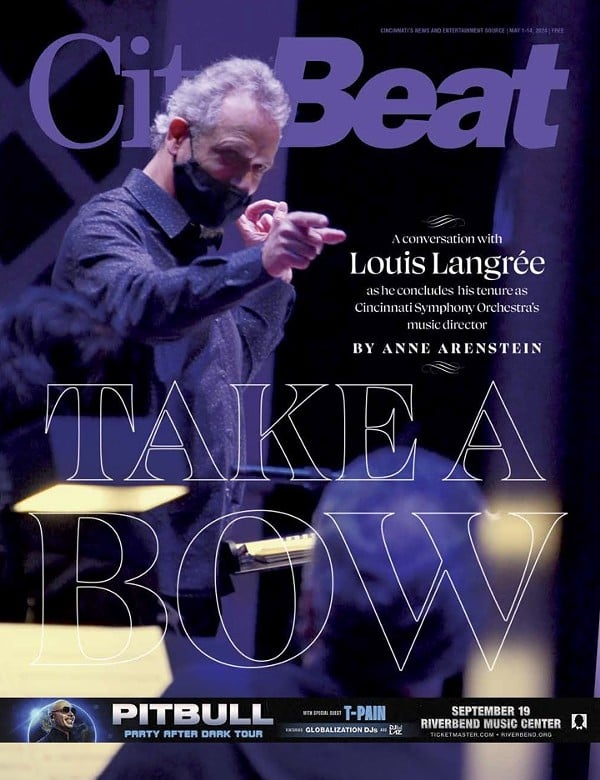When The Enquirer reported Thursday that Archbishop Dennis Schnurr, head of the Cincinnati Archdiocese for the Catholic Church, would participate in an interfaith 9/11 memorial on Sunday with a Muslim group, it raised a few eyebrows and prompted some emails.—-
That's because the Muslim group is the local chapter of the Council on American-Islamic Relations (CAIR). In August, Schnurr ordered Mother of Mercy School in Westwood to move its interfaith dinner marking Ramadan that involved CAIR to a non-school location due to "security concerns" — even though the dinner had been planned since spring.
A few parents of students also had complained about CAIR's participation. Mother of Mercy President Kirsten MacDougal said the Aug. 26th dinner's closeness to the anniversary of the Sept. 11 terrorist attacks was a factor in the decision to move the event.
CAIR is the largest Muslim advocacy group in the United States. Some right-wing bloggers, however, dislike CAIR because the national office in Washington, D.C., has been investigated by the FBI for possibly diverting funds to extremist groups in the Middle East. Regardless, the organization is run like a franchise, and local chapters are operated independently.
CityBeat received some emails Friday questioning why Schnurr would move the school dinner, but then participate in the 9/11 memorial Sunday with CAIR at the Cincinnati Museum Center at Union Terminal in Queensgate.
We posed the question to Dan Andriacco, archdiocese spokesman, and here's his response.
Andriacco wrote, "(The archbishop) had been informed that archdiocesan officials and Mercy leadership had safety concerns and he was asked for his advice, which was this: 'The safety of the attendees is paramount.' Whether safety was a legitimate concern was the school's decision to make."
He added, "In dealing with national organizations, we follow the lead of the U.S. Conference of Catholic Bishops. CAIR officials have been dialogue partners with the USCCB."
Andriacco stated The Enquirer had asked the archdiocese about its relationship with Cincinnati's Muslim community, which prompted the article. Schnurr issued a written response to the newspaper. As The Enquirer didn't use the full statement, Andriacco asked CityBeat to publish it here.
This is Schnurr's statement.
From what I have seen in my time here so far, there are many positive interactions occurring between Catholics and Muslims in this community. On a basic level, these happen in our everyday lives as we work together and live in the same neighborhoods. On a religious level, it's important for Catholics and Muslims not to minimize our fundamental differences in beliefs. It's the Archdiocese's utmost priority to instill a greater understanding of our own faith tradition in local Catholics, especially in our youth, and to evangelize the Gospel to everyone.
At the same time, I applaud the numerous efforts that have taken place in various parishes and schools to pursue interfaith dialogue and appropriate, meaningful relationships, as I know they do it out of a motivation to follow Christ's command to love our neighbor and to treat him or her with dignity. Likewise, over the years, the Archdiocese has worked along side Muslims on several occasions to promote peace, both locally and globally. And last November, I personally toured the Islamic Center of Greater Cincinnati. We have discovered that, in the face of a secular culture which too often promotes consumerism and immediate gratification, our two faiths share many principles that can benefit humanity's physical as well as spiritual existence.
We also have far to go. We have witnessed moments when it becomes more attractive for us to point the finger at a specific group for our nation's woes — or even for the challenges within our respective faith communities. In such a time of confusion, it may seem appealing to bolster our own identities by labeling another group as the enemy, especially if we have not even met people face to face. However, the more we nurture opportunities to work together, the more our two communities will strengthen our pluralistic community in a faith in one God.

